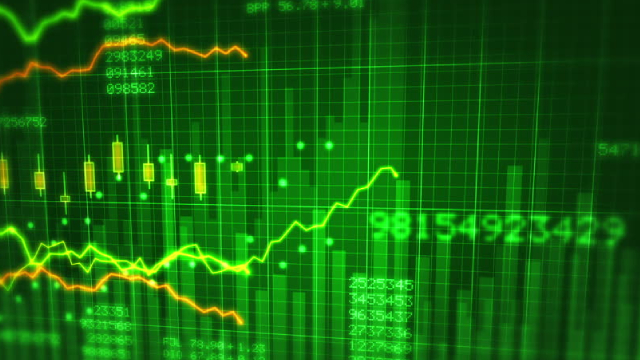Recent Slump in the S&P 500: A Five-Week Losing Streak
The S&P 500 index, a widely followed benchmark for the U.S. stock market, experienced a setback last week, with a 1.5% decline. This marked the fifth weekly loss in the past six weeks for the index, which has left investors feeling jittery.
Impact on Individual Investors
For individual investors, this prolonged period of losses can be a cause for concern. If you have a significant portion of your portfolio invested in the S&P 500, you may have experienced a notable decrease in the value of your holdings over the past few weeks. The S&P 500 is now 9.17% below its record close from February 19, 2025, which represents a sizeable drop. Moreover, the index is down 4.90% year to date, meaning that it has underperformed the broader market.
Global Economic Implications
The S&P 500’s recent slump is not just a concern for individual investors; it also has broader implications for the global economy. As one of the largest and most influential stock markets in the world, the S&P 500 serves as a leading indicator of overall market sentiment and economic health. A prolonged period of losses can suggest that investors are becoming increasingly risk-averse, which can lead to a slowdown in economic activity.
Furthermore, the S&P 500 is home to many large, multinational corporations. These companies often have global operations and supply chains, meaning that their financial performance can impact economies around the world. A decrease in the value of these companies’ stocks can lead to reduced profits and, in turn, lower levels of investment and hiring.
Sources
- CNBC: “S&P 500 futures open to lower after weekly loss”
- MarketWatch: “Dow Jones Industrial Average futures lower as investors digest latest inflation data”
- Bloomberg: “Stocks Set to Drop as Investors Digest Latest Inflation Data”
Conclusion
The recent five-week losing streak in the S&P 500 has left investors feeling uneasy and has raised concerns about the broader economic implications. For individual investors, this period of losses may have resulted in a notable decrease in the value of their holdings. For the global economy, the S&P 500’s performance can serve as a leading indicator of overall market sentiment and economic health. A prolonged period of losses can suggest that investors are becoming increasingly risk-averse, which can lead to a slowdown in economic activity. It is important for investors to stay informed about market developments and to consider diversifying their portfolios to mitigate risk.
As always, it is essential to remember that past performance is not indicative of future results, and individual investments may vary. It is important to consult with a financial professional before making any investment decisions.





